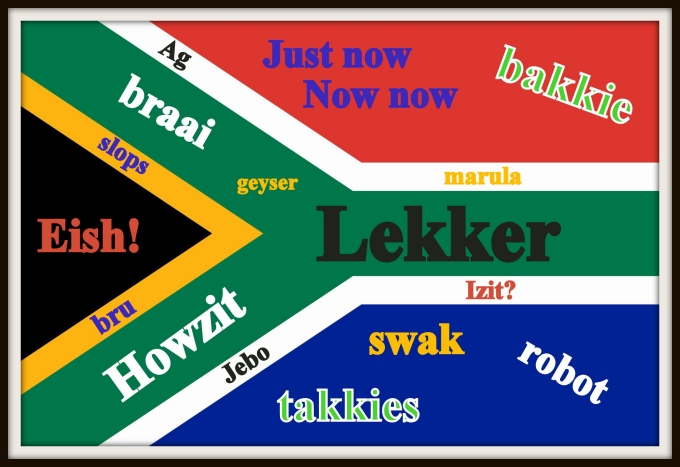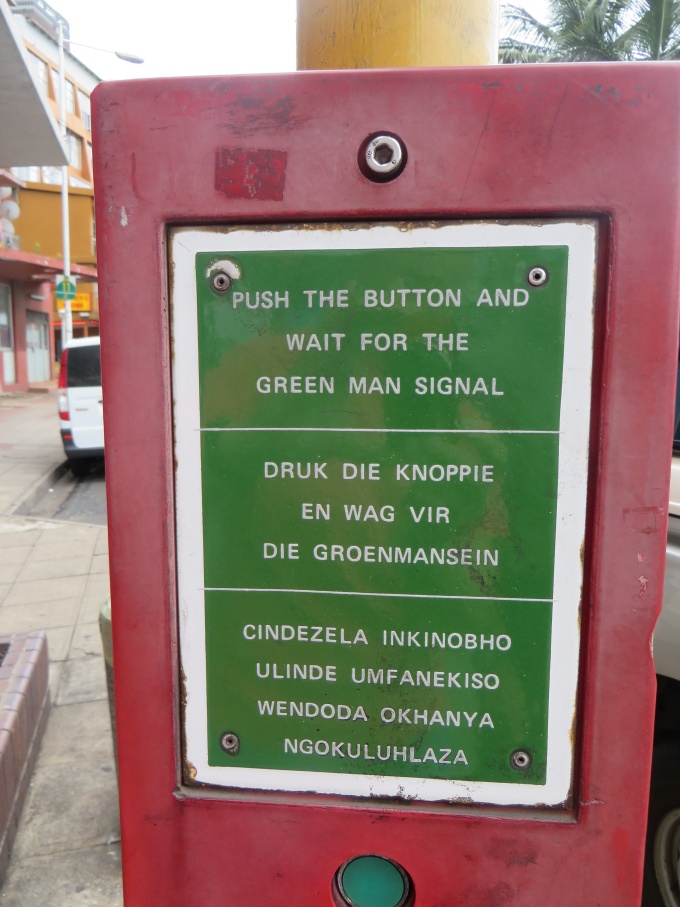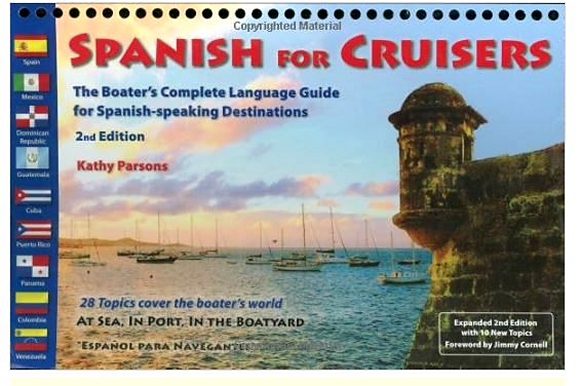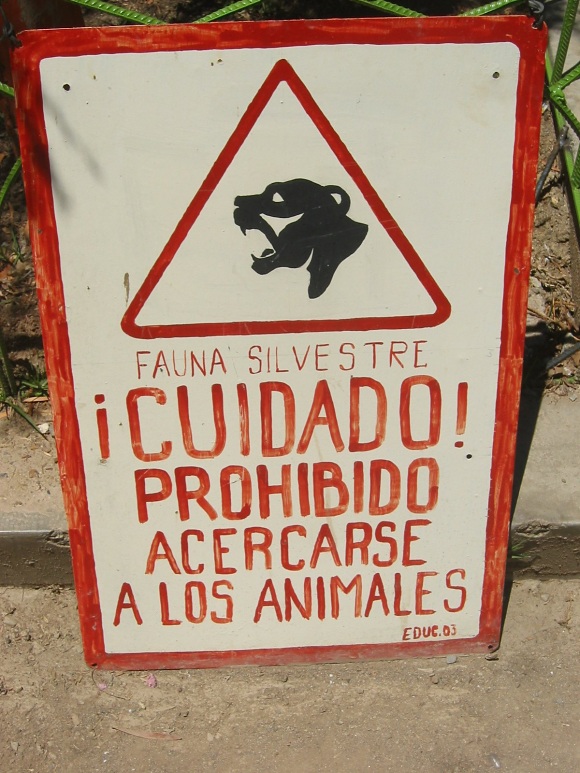Learning a Few South Africanisms
/We bellied up to the Point Yacht Club bar the other night and ordered a Hansa draft. It was cold and luscious, and the glass immediately began to sweat … exactly what we'd been doing all day long. As we sat there, Ed, a young fellow who'd been out sailing all day, walked in and we started up a lively conversation regarding South Africanisms.

South Africa has 11 official languages: English, Afrikaans, and the nine major African languages including isiZulu, isiXhosa, seTswana and seSotho. Other languages such as Hindi, Arabic, Khoi-San, Portugese as well as other community and religious languages are also recognized. Google is offered in English, and six other languages here. With all those languages floating around, the chances of borrowing bits from everyone's language to spice up the local lingo was inevitable.
I had read that officially, Afrikaans is the youngest language in the world. By the early-20th century Afrikaans had developed from Dutch, German, French and other influences into a full-fledged language complete with its own dictionary. After just a century, Afrikaans, not English, is the third most spoken language in South Africa, right after isiZulu and isiXhosa. Many street signs here are written in three languages: English, Afrikaans and Zulu.
Ed told us he'd been brought up in a “proper” Afrikaans-speaking household with English as his second language. A female friend of his at the bar noted that she'd had to learn Afrikaans the hard way, as a required language in school. Afrikaans words are very prevalent and in common usage in South Africa, mixed with English and a little Zulu and ... I asked Ed to give us few examples and he happily complied.
The most common one we learned when we first visited South Africa and Ed didn't have to help us. It's braai … a South African BBQ. “Come on over for a braai.”
Lekker – Cool, great, sexy, awesome.
Slops - flip-flops
Swak – literally “weak” in Afrikaans, but it can mean you're broke (no money) or can be used to describe varying forms of harsh behavior or rudeness.
Bru – literally brother, but comparable to “bro” or “dude”
Robot – traffic light (really?) When I asked for directions to the bank, here's what I was told. “Turn right at the second robot. Cross at the zebra.” (Pronounced Zeh-bra not zee-bra which of course makes sense … you don't say Dee-bra, you say Deh-bra.) Why are traffic lights called robots? Zebras are crosswalks designated with striped lines.
Bakkie – pick-up truck
Geyser – hot water heater
Takkies – sneakers, athletic shoes, trainers
Eish! (Zulu) – Geez! Dang! Heck! Or the like
Babelaas/babbelas – hangover (of Zulu origin); there's also stukkend from the Afrikaans. Perhaps it depends on the type of hangover … not sure.
Dagga (Khoikhoi) – (dak.hah) slang for marajuana
Howzit – short for “how's it going?” except used by itself as a greeting
Is it (izit) – in response to a statement where you're usually say “Really?”
Yebo or ja (yah) – Yes, affirmative
Certain words have been borrowed directly like mamba (as in snake) or impala from Nguni and marula (as in the fruit from which Amarula is made) and tsetse (as in fly) from Sotho.
Just now and now now – This was a difficult one for us to learn, especially when dealing with tradesmen. “I'll be there just now.” You'd think we'd expect them immediately, but no, it means perhaps sometime today. Whereas as “now now”, that's more immediate, but still not necessarily within the next 10 minutes.
We're still learning and there's much more to learn. By the way, here we're from America, rather than the United States or the States. Vive la difference!






 was a godsend when it came to talking about everything from boat parts and repairs to getting medical help or buying groceries. We highly recommend it, if you're heading to Spanish-speaking countries. It offers not only bi-lingual translations, it also has pictures. Pictures, by the way, are a great way to communicate if you're stuck for a foreign translation of any part. As long you can draw it somewhat credibly, you'll find what you need if it's available. Unlike many English-speakers, we found the Latin and South Americans to be especially helpful and patient with our poor Spanish skills.
was a godsend when it came to talking about everything from boat parts and repairs to getting medical help or buying groceries. We highly recommend it, if you're heading to Spanish-speaking countries. It offers not only bi-lingual translations, it also has pictures. Pictures, by the way, are a great way to communicate if you're stuck for a foreign translation of any part. As long you can draw it somewhat credibly, you'll find what you need if it's available. Unlike many English-speakers, we found the Latin and South Americans to be especially helpful and patient with our poor Spanish skills.
 was very helpful this time. I was one of the editors, so we were pretty proud of the finished product.
was very helpful this time. I was one of the editors, so we were pretty proud of the finished product.